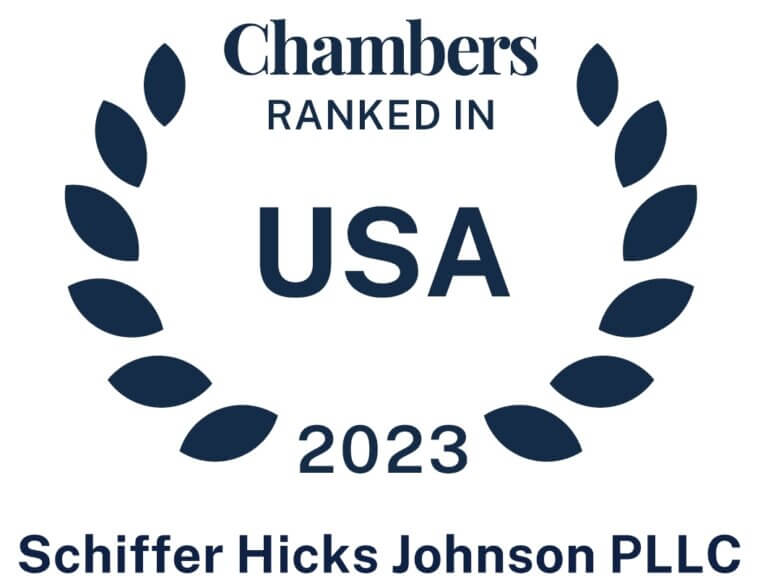Trade secret litigation is set to increase in the coming decades, accelerated by the enactment of the federal Defend Trade Secrets Act (“DTSA”) in 2016. Most cases do not contain direct evidence of stolen secrets, however. Instead, stray pieces of indirect evidence must come together to tell a larger story of theft. Consequently, lawyers handling this type of litigation must take the time to understand its intricacies and machinations, particularly the specific statutory requirements imposed by the uniform trade secrets acts (such as the Texas Uniform Trade Secrets Act, or “TUTSA”) and the evidence that will and will not satisfy these requirements.
A new three-part series by Hicks Johnson partner Varant Yegparian examines different concerns regarding evidence in trade secret cases, aiming to shed light on the correlative legal requirements to which this evidence is applied. This first article articulates the legal framework envisioned by TUTSA, addressing the requirements to prove the existence of a trade secret and to establish liability.













